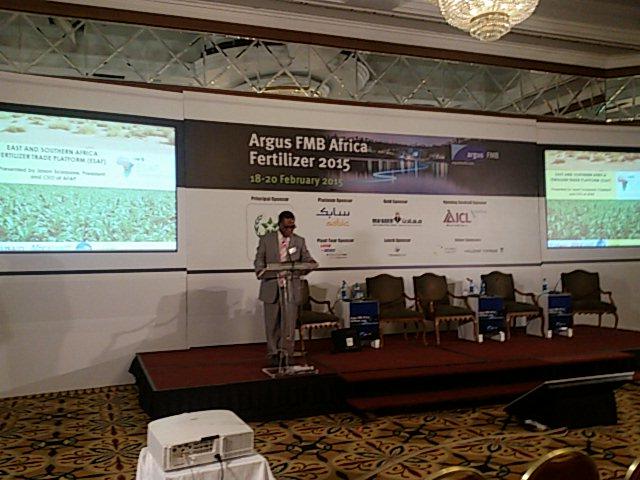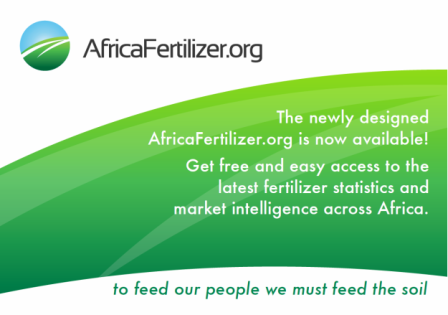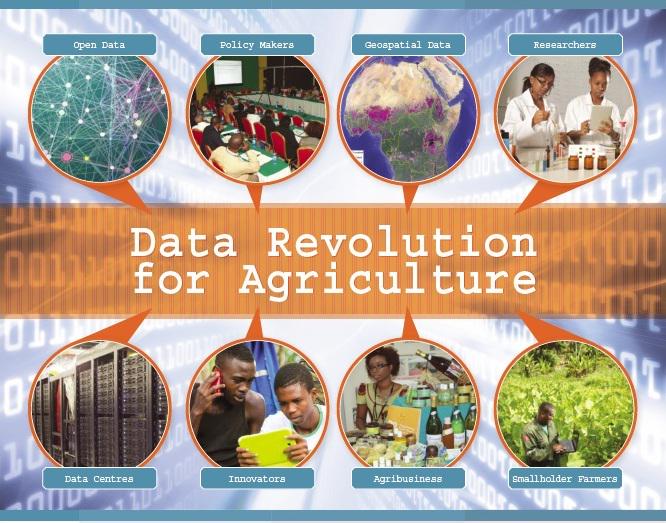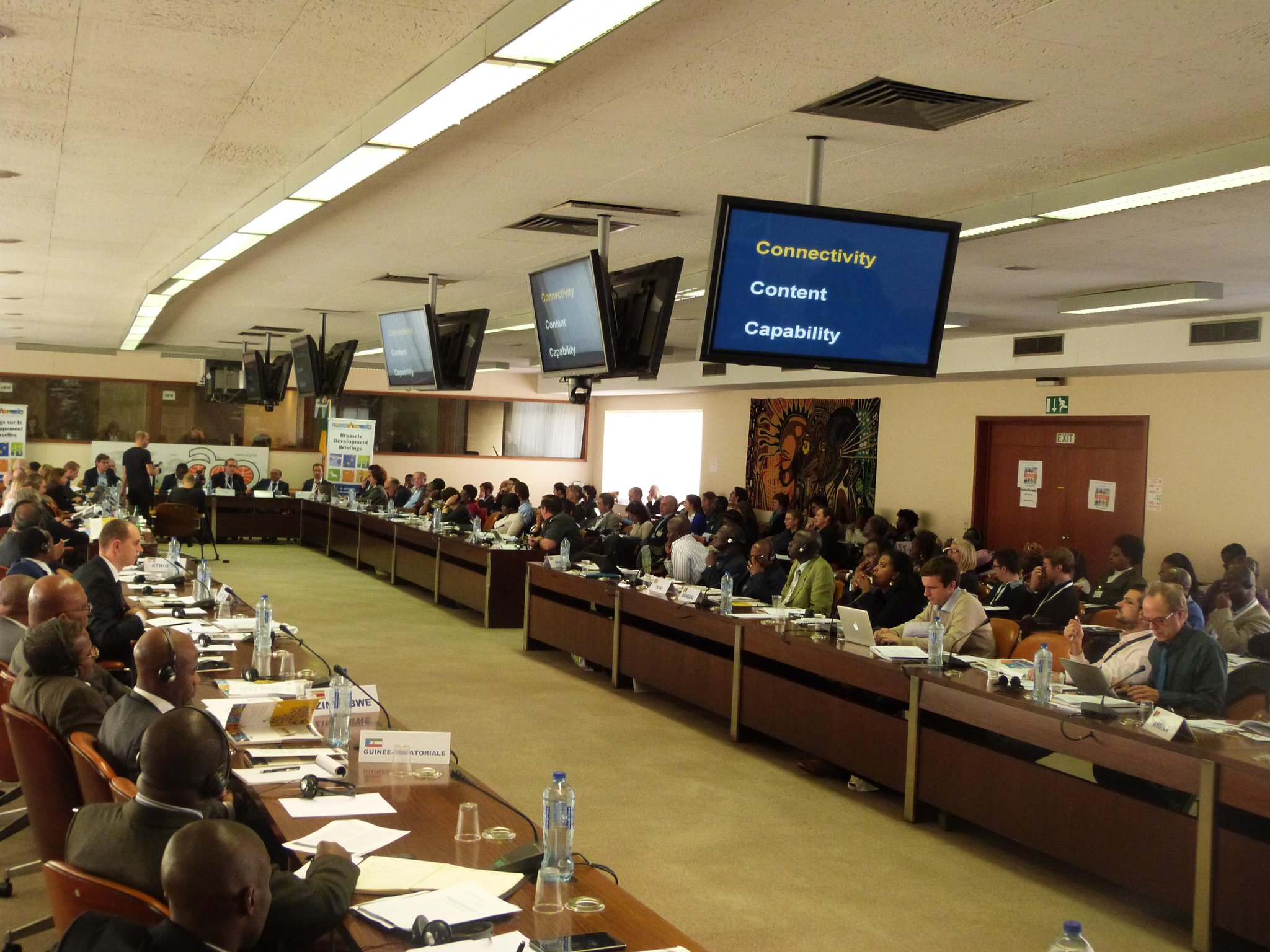25-27 February 2015. Saly Senegal, Keur Halim, Mbour, Senegal. This conference provided an opportunity to bring the institutions involved in the implementation of a number of projects and other stakeholders together around agricultural innovation systems in West and Central Africa. the purpose was to assess the successes and weaknesses of the IAR4D approach and to explore together the perspectives and solutions for improvements.
One of the expected results is that the major findings facilitate the implementation of the second Operational Plan (2014-2018) of CORAF/WECARD in West and Central Africa.
Background:
In the late 1990s FARA proposed the Integrated Agricultural Research for Development (IAR4D) approach. The distinctive aspect of this approach is the integration of the value chain and the grouping the representatives of its key stakeholders within a platform. So the innovation is the result of the stakeholders’ activities and interactions within an Innovation Platform. In this new paradigm the researcher no longer occupies the central place.- In the sub-region IAR4D was demonstrated for the first time by the Kano – Katsina- Maradi (Sub-Saharan Africa Challenge Program) and DONATA projects. CORAF/WECARD adopted it as the basis of its strategic and operational plans. Thus since 2011, as part of a partnership with CSIRO and with the financial support of the Australian Government under the African food Security initiative –AFSI, CORAF/WECARD coordinates and facilitates the implementation of six (06) projects on sustainable intensification of integrated crop-livestock production systems, strengthening seed system and animal health in West and Central Africa. These projects cover 10 countries in the sub-region and have been implemented in conformity with IAR4D principles. Therefore, these projects- are one of the first wide experiences of the application of IAR4D paradigm in the sub-region.
- In the same period, another innovation system similar but not identical to IAR4D was promoted in the sub-region by the Convergence of Science Initiative (Cos- SIS). The Convergences of Science Strengthening Innovation Systems Programme (COS-SIS) was a 6 year initiative (2008 -2013) funded by DGIS. It is an action research programme involving 9 PhD students and a collaboration between Wageningen UR, The Royal Tropical Institute and Universities in Ghana, Benin and Mali. It is the second phase of similar programme that ran from 2001 to 2005.
- CSIRO- DFAT Africa Food Security Initiative (2010-2015) – In 2010, CORAF/WECARD issued a competitive call for research projects to be supported by the Australian Government on sustainable intensification of integrated crop-livestock in West and Central Africa. The call was based on the assertion that integration of crops and livestock at the farm and landscape scales can be used for stimulating higher productivity that is also environmentally sustainable. It also recognised the importance of innovation across the value chain based on the principles of IAR4D.













